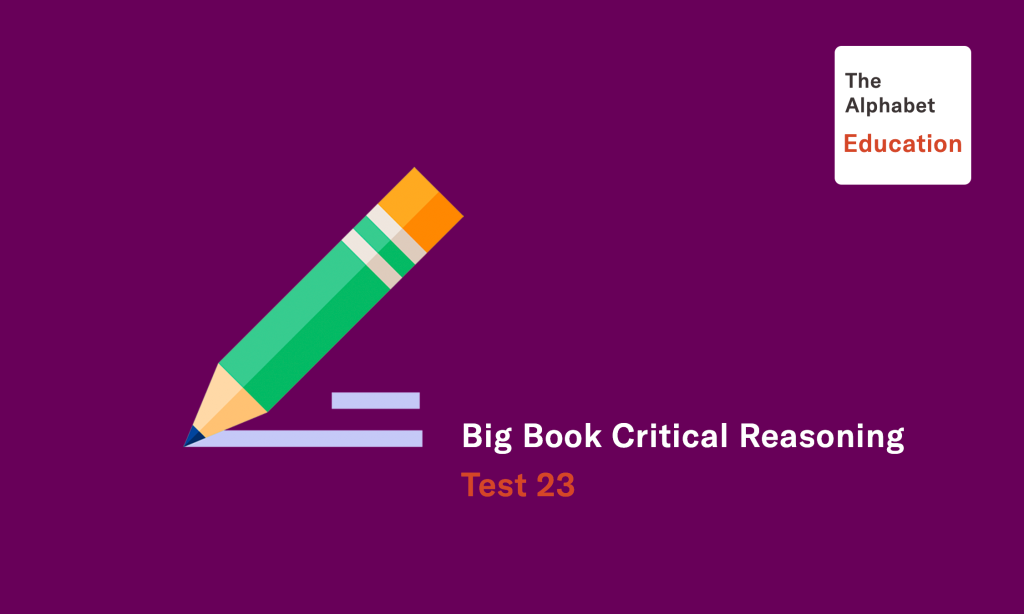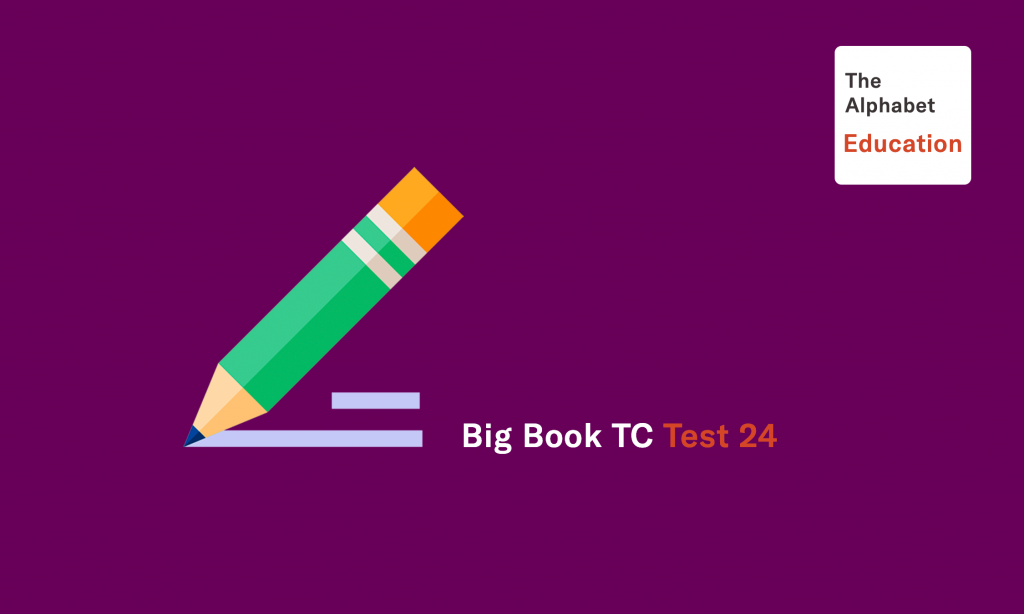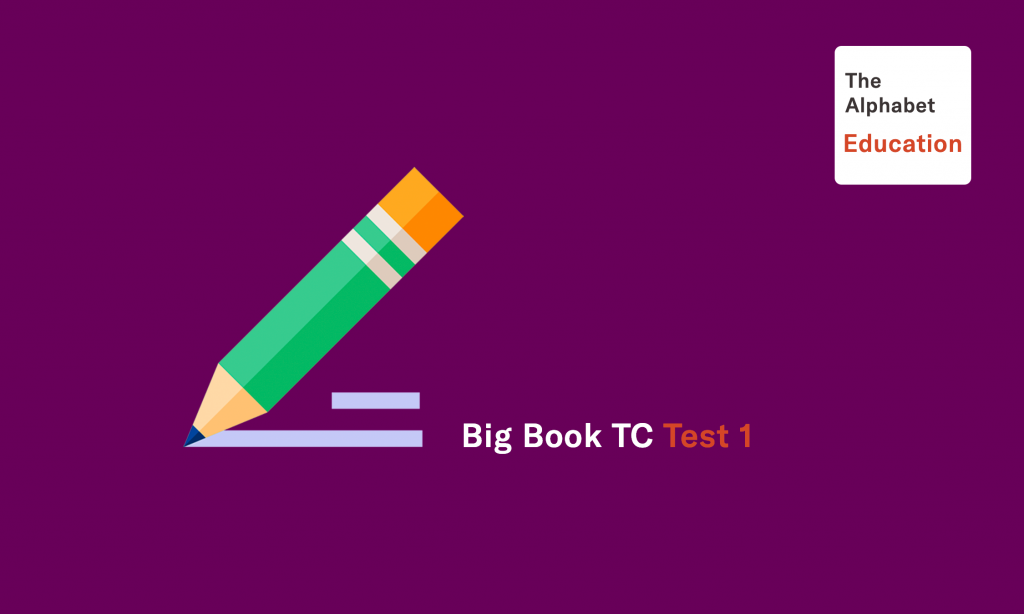
–Teen Perspectives on Generative AI | Image by The Alphabet
A recent report co-authored by the Center for Digital Thriving at Project Zero examines how generative artificial intelligence (AI) is shaping the habits, concerns, and attitudes of teenagers and young adults. Conducted in collaboration with Common Sense Media and Hopelab, the study, titled Teen and Young Adult Perspectives on Generative AI, presents findings from two surveys: a broad national study on youth, digital technology, and mental health, and an open-ended survey of over 1,500 teenagers aged 13–17.
Many teens acknowledged using AI for academic dishonesty, such as cheating on tests or assignments. However, participants also emphasized its educational benefits, describing it as a “modern approach to learning.” Some teens argued that AI can be trusted to assist positively, such as helping with brainstorming essays or creating personalized study plans. They urged adults not to dismiss its potential based solely on misuse.
Over half (51%) of individuals aged 14–22 reported using generative AI at least once, though only 4% identified as daily users. Most turned to AI for information (53%) and brainstorming (51%). Notably, Black and Latinx youth were significantly more likely to use these tools. Many teens viewed AI as a resource for seeking answers to questions they might hesitate to ask parents or teachers, though concerns about AI misinformation, or “hallucinations,” were frequently mentioned. One participant cautioned adults that AI can offer advice on virtually any subject, whether appropriate or not.
Generative AI was praised for fostering creativity and exploration. Among surveyed users aged 14–22, 31% utilized AI for generating images, 16% for producing music or sounds, and 15% for writing code. Teens expressed that AI provided opportunities to express individuality, including creating digital art, writing lyrics, and other imaginative pursuits.
Despite its benefits, teens warned about the darker side of AI. Some shared concerns about AI-enabled bullying, such as creating fake voices or images to harm others. Examples included using AI to replicate someone’s voice, potentially leading to harmful pranks or impersonations. Participants also mentioned that adults should recognize how such technology can be weaponized, even against teachers or parents.
Teens are aware of both the advantages and dangers of generative AI. While 41% believe its development will bring mixed outcomes over the next decade, specific groups, such as LGBTQ+ teens, are more likely to anticipate predominantly negative effects compared to their peers. Concerns ranged from the impact of AI on job markets—especially in creative fields—to issues of privacy and the spread of misinformation.
This report highlights how generative AI is reshaping the landscape for young people, offering new opportunities while introducing significant challenges.



